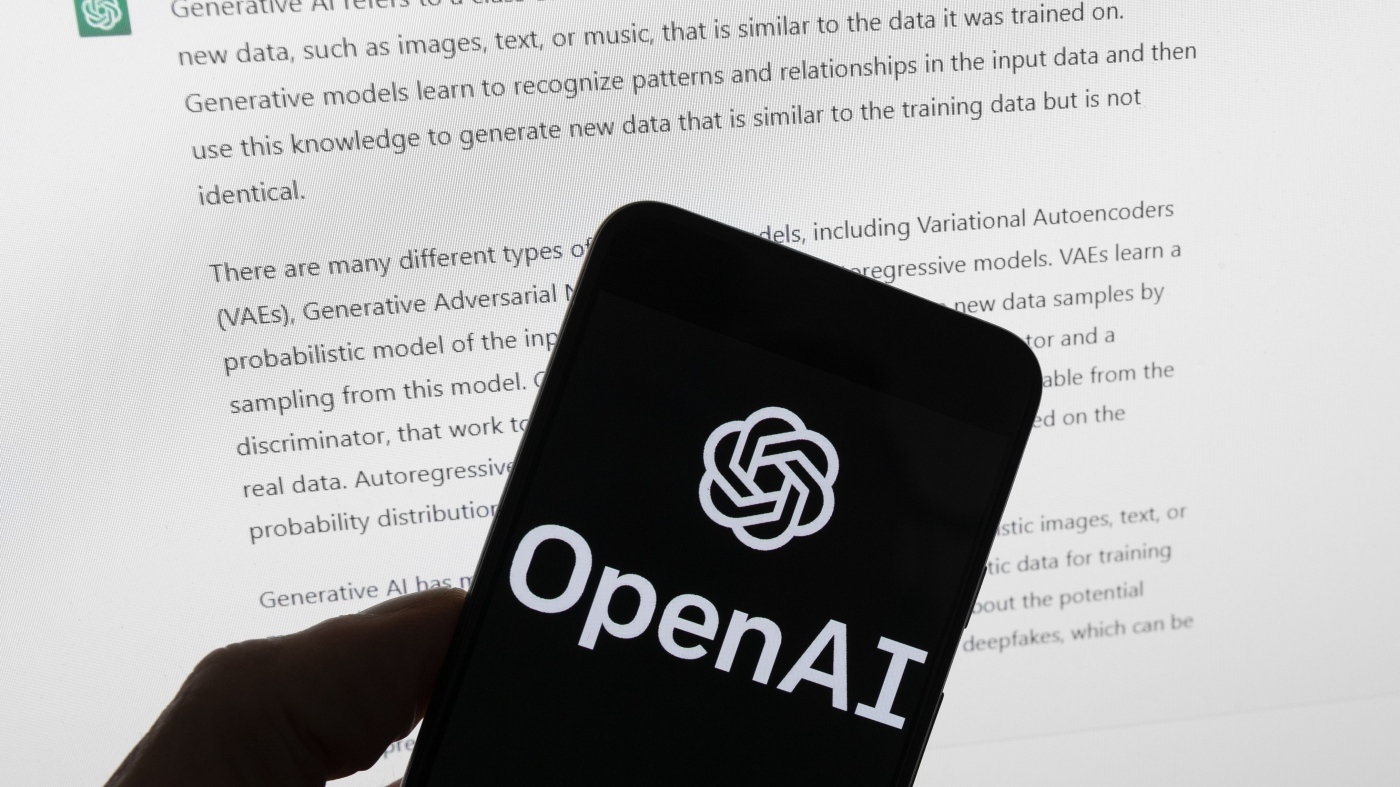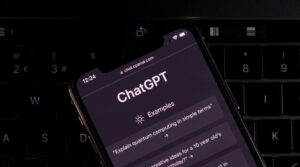Judge Permits Copyright Case Against OpenAI by ‘New York Times’ to Proceed

OpenAI Faces Copyright Lawsuit from The New York Times
A recent ruling by a federal judge has allowed a copyright lawsuit against OpenAI, initiated by The New York Times, to proceed. The lawsuit accuses OpenAI of using content from the newspaper without obtaining the necessary permissions or compensating for it. Judge Sidney Stein, who presides over the Southern District of New York, has permitted the main copyright claims to move forward, although he has narrowed the overall scope of the lawsuit. While the judge has yet to issue a detailed opinion, he promised it would be released soon.
Background of the Lawsuit
The legal action taken by The New York Times reflects broader concerns shared by various publishers, including The New York Daily News and the Center for Investigative Reporting. These organizations are challenging OpenAI’s method of gathering extensive amounts of data from the internet to develop its renowned AI service, ChatGPT.
Steven Lieberman, an attorney representing the news organizations, expressed satisfaction with the judge’s decision, emphasizing the opportunity to present evidence regarding how OpenAI and its partner, Microsoft, have allegedly profited from the unauthorized usage of newspaper content nationwide.
Accusations Against OpenAI
The legal team for The New York Times argues that the newspaper’s articles represent a significant portion of the copyrighted material that OpenAI utilized to create ChatGPT. They assert that OpenAI infringed upon copyright laws by extracting and using the newspaper’s content without proper authorization.
In response, OpenAI’s spokesperson, Jason Deutrom, remarked that the company appreciated the narrowing of the case. He maintained that OpenAI utilizes data that is publicly available and operates under the legal principle of "fair use," which allows for non-permitted use of certain materials for purposes like research, teaching, and commentary.
Legal Framework
The argument regarding fair use is central to this case. This legal doctrine enables the use of copyrighted content without permission in specific contexts. The courts have historically determined that fair use must create something new or transformative or that it must comment on the original work. The Times contends that OpenAI’s utilization of its journalism does not meet this requirement, asserting that the AI merely reproduces their reporting.
Further complicating matters is the concept of "market substitution.” This idea examines whether the responses generated by chatbots like ChatGPT replace the need to visit The Times’ website, potentially affecting the newspaper’s readership and advertising revenue.
Details of the Case Proceedings
As the lawsuit moves forward, a trial date has yet to be established. However, the process will include evidence collection, which will feature confidential interviews with executives from both parties. Public pretrial hearings will also address evidence disputes and other legal concerns.
The clash between The New York Times and OpenAI symbolizes the ongoing debate over the future of the news industry and the advancement of artificial intelligence technologies. Publishers are understandably worried about the effect that AI-powered chatbots could have on their web traffic. There is apprehension that quick and efficient summarizations by AI systems may lead readers to rely on chatbots rather than directly accessing news articles, potentially harming advertising revenues for traditional news organizations.
Broader Implications for the AI Industry
While the lawsuit specifically targets OpenAI and Microsoft, the implications stretch beyond this case. Many other AI companies employ similar methods of web scraping for content to train their models. This has raised questions within the AI industry, leading to a reliance on OpenAI’s practices regarding the use of publicly available data to inform chatbot interactions.
As the legal proceedings unfold, they could set important precedents regarding data usage rights and the responsibilities of AI developers in an evolving digital landscape. The outcome of this case could influence how AI companies operate and engage with copyrighted content moving forward, shedding light on an area that remains legally ambiguous.





